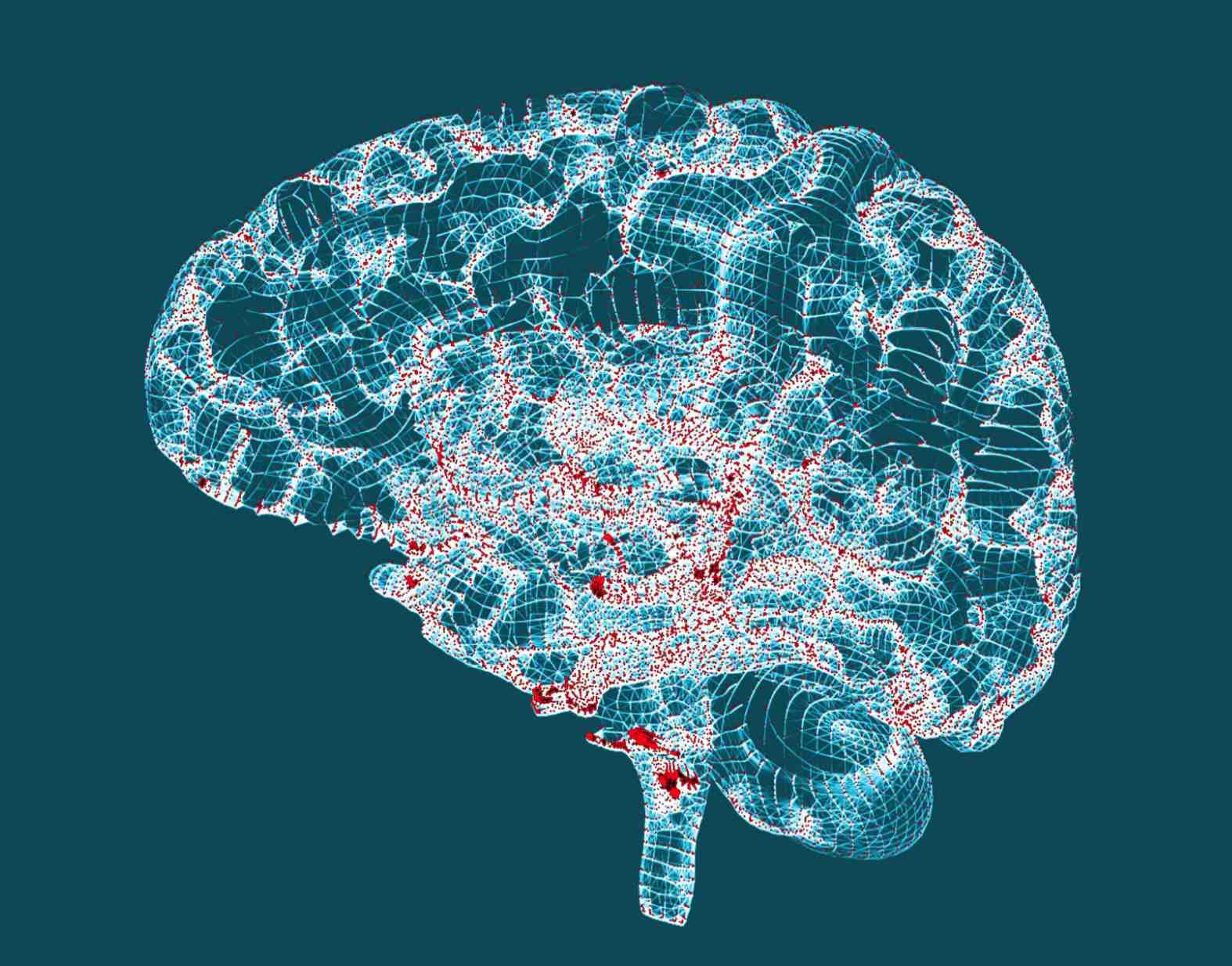
Roche and biotech company Prothena are set to advance their Parkinson’s disease candidate prasinezumab into a phase 2b efficacy trial following some promising results in an earlier trial.
The decision to advance clinical testing of prasinezumab is based on the results from the phase 2 PASADENA study. Although the study did not meet its primary objective of slowing the progression of motor and non-motor symptoms over the first year of treatment, the drug showed signs of efficacy on secondary and exploratory measures.
This included a reduction in disease progression in both prasinezumab arms compared to placebo. In addition, prasinezumab reduced decline motor function by 35% when compared to placebo after one year of treatment, using the Movement Disorder Society-Unified Parkinson’s Disease Rating Scale (MDS-UPDRS) Part III.
Patients treated with prasinezumab also demonstrated a significant delay in time to clinically meaningful worsening of motor progression versus placebo over one year.
“We are very encouraged by the results from PASADENA, demonstrating significant slowing of motor progression and improvements on imaging biomarkers consistent with disease modification, as this provides a rich dataset to directly inform and de-risk this next late-stage study,” said Gene Kinney, president and chief executive officer of Prothena.
Prasinezumab is a monoclonal antibody designed to target alpha-synuclein, a protein found in neurons that can build up and spread from cell to cell. This results in the neuronal dysfunction and loss that ultimately leads to Parkinson’s disease.
In 2013, Roche and Prothena entered a collaboration agreement to develop and commercialise antibodies that target alpha-synuclein.
The deal saw Roche pay Prothena an upfront fee and near-term clinical milestones totalling $45m, with Prothena eligible to receive additional payments of up to $380m in the US.
The biotech company could also receive a further $175m worth of milestone payments for milestones reached outside the US, potentially taking the total payment to $600m.
Parkinson’s disease remains an area of high unmet medical need, despite a number of companies seeking to develop successful treatments for the neurodegenerative condition.
Currently, an estimated seven to ten million people are living with Parkinson’s across the globe, making it the second most common neurodegenerative condition after Alzheimer’s disease.
In August, Biogen signed an agreement with Denali Therapeutics for access to the latter’s Parkinson’s disease programme, fronting an initial $1bn for the deal.
Denali’s portfolio of small molecule LRRK2 inhibitors and transport vehicle technology platform has potential in a range of conditions, although its promise in Parkinson’s is the focus of the Biogen deal.




